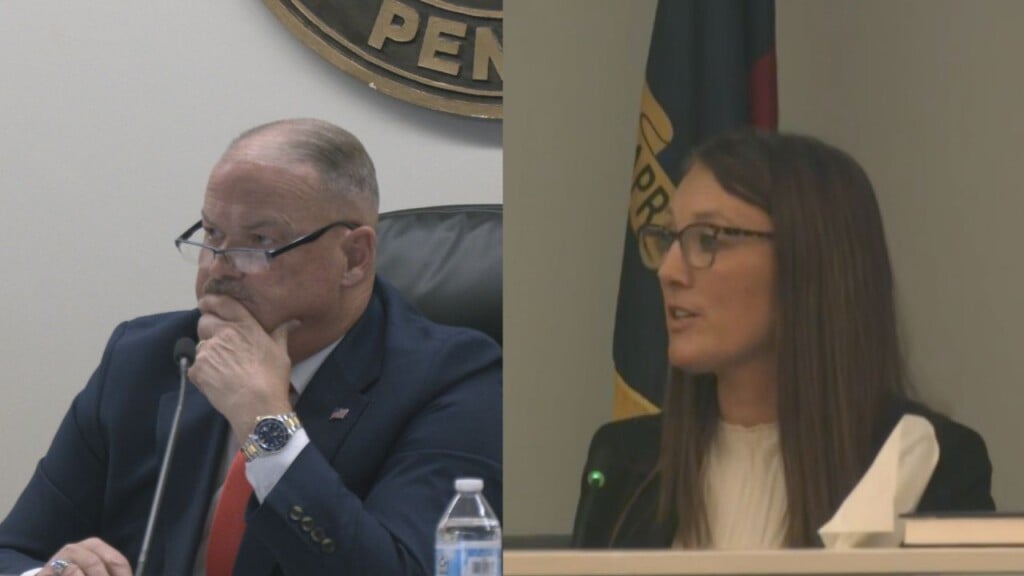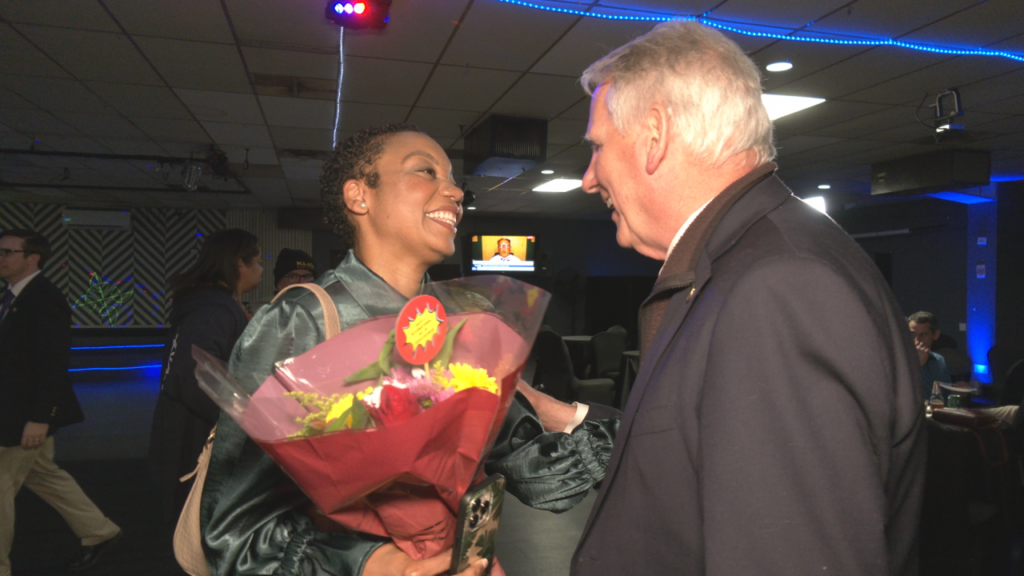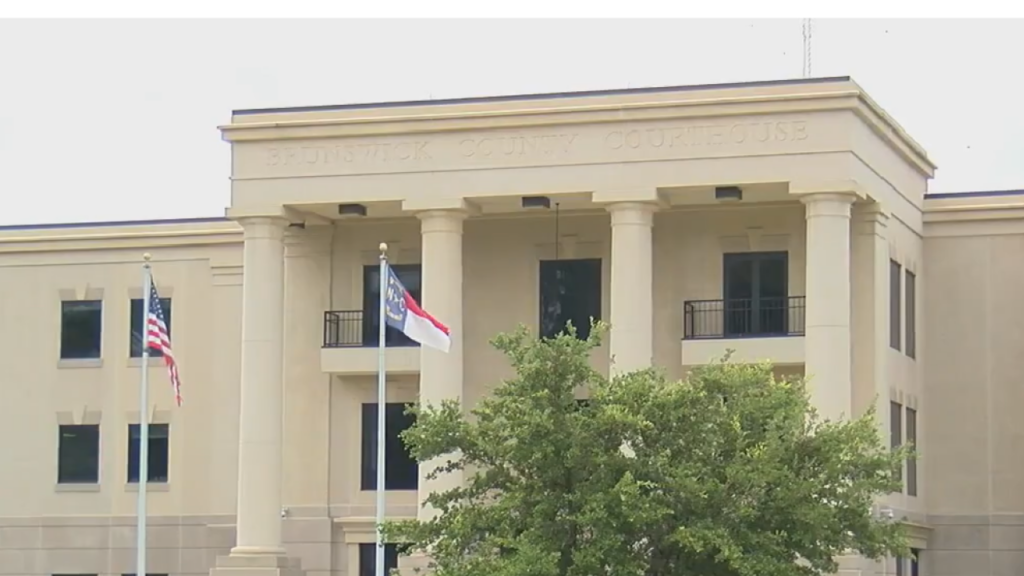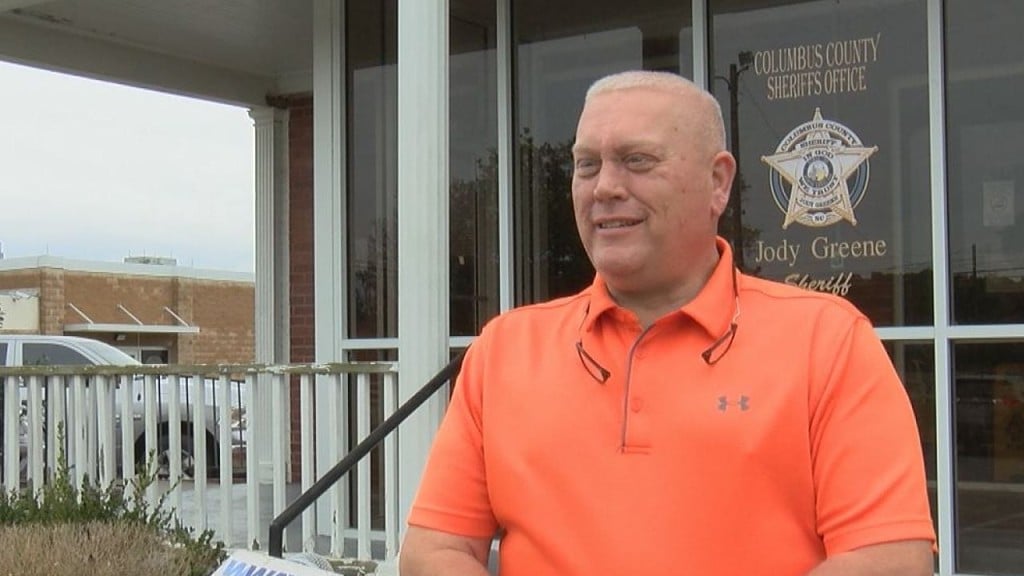NC Dental Board makes changes to anesthesia rules, additional staff still not required when patient is sedated
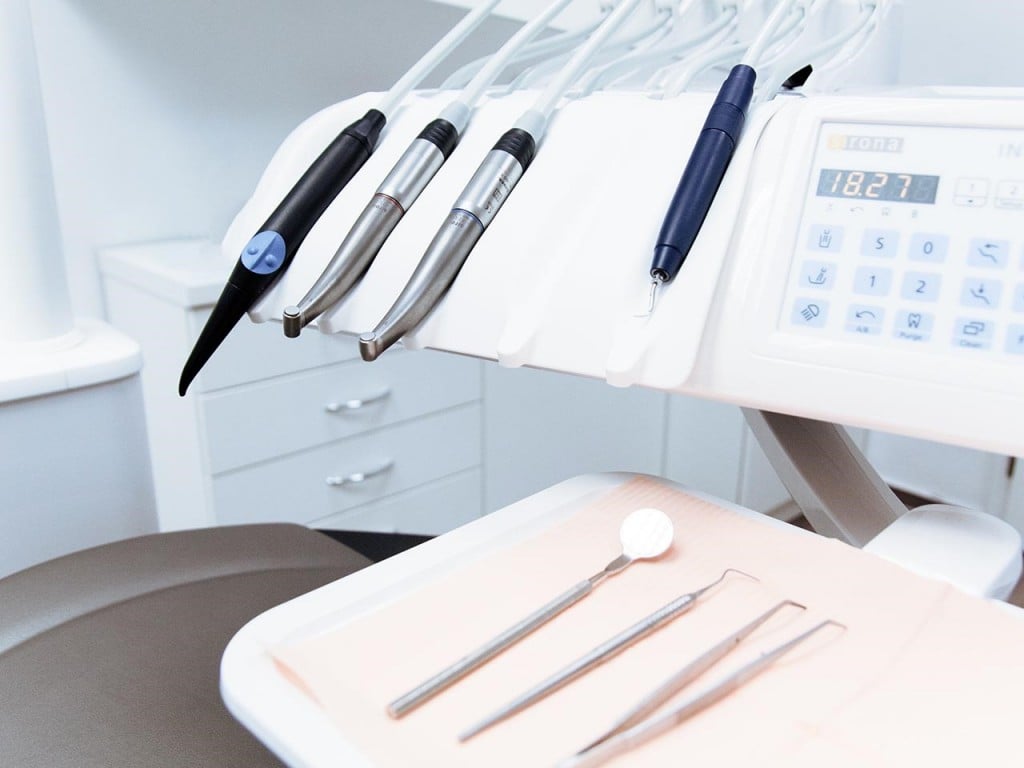
RALEIGH, NC (WWAY) — More than two years after the death of a prominent cardiologist in the Cape Fear, the North Carolina Dental Board is making changes to its rules regarding sedation and anesthesia.
Dr. Henry Patel died in August 2020 after undergoing anesthesia to get dental implants. Towards the end of the procedure, the oral surgeon tried and failed to place an endotracheal tube. Patel later died at New Hanover Regional Medical Center.
After his death, several people advocated for change at the state level, including Senator Michael Lee and Patel’s wife, Shital. They asked for a certified registered nurse anesthetist or anesthesiologist to be in the room to monitor the patient anytime they were placed under deep sedation.
The NC State Board of Dental Examiners has been looking into changing the rules since May 2021. At its meeting on Friday, the board approved the following changes.
- Requiring the use of capnography to contemporaneously monitor a patient’s breathing, level of sedation, airway management, and timely deliver other critical information to the sedation provider.
- Imposing limits on the maximum dosage of medications that sedation providers can administer.
- Enhancing the requirements for reporting adverse occurrences.
However, the board writes in a statement, that the requirement for a separate anesthesia provider to administer and deliver general anesthesia and sedation drugs when the treating dentists are performing certain dental procedures is “notably absent” from the rule changes.
“The Board realizes that proposing rules that do not require the ‘medical model’ will come as a disappointment to many. We do not wish this decision to be viewed as a callous disregard of those who have died due to anesthesia mishaps in dental offices. We know that each person who passed away was valued, loved, and important to their family, friends, and the communities in which they lived, worked, and worshiped,” the board writes in a statement. “This is especially true of Dr. Henry Patel about whom the Board received hundreds of comments highlighting his outstanding character and the breadth of his love and caring as a husband, father, friend, and physician. We extend our deepest sympathy to his and to each family.”
The statement goes on to read that the Board believes each death occurred because practitioners made poor decisions, not because the current rules are weak or unenforced. The practice of having an additional anesthesia provider in the room is referred to as the “medical model” and the board considered moving to this model until it received many comments against it.
“We encourage the public to remember that when it comes to imposing statutes and regulations it is impossible, or nearly so, for a government agency to eliminate risk and prevent citizens, including professionals, from making poor decisions and being unprepared simply by adding more regulations,” the Board wrote.
The board received a comment from the North Carolina Department of Health and Human Services opposing the medical model stating it would, “result in significant barriers to access to care for our NC Medicaid and NCHC [North Carolina Health Choice] beneficiaries.” The Department states this is true because the number of medical and dental anesthesiologists and certified registered nurse anesthetists (CRNAs) who voluntarily choose to participate in NC Medicaid and NCHC programs is very limited.
UNC Adams School of Dentistry and the ECU School of Dental Medicine shared a joint comment that says the medical model does not align with the Council on Dental Accreditation standards.
“UNC and ECU residents would not be eligible to provide deep sedation, moderate sedation or pediatric moderate sedation as required by CODA for accreditation, which could be a fatal blow to our programs…it would seriously cripple our ability to train residents in multiple specialties and ultimately negatively affect access to care for the citizens of North Carolina,” the comment reads.
Ultimately, the Board says based on the comments it received that requiring an additional anesthesia provider in a dental setting would do more harm than good. In the meantime, it encourages patients to discuss general anesthesia and sedation with their dentist by asking about the dentist’s training and experience, checking the dentist’s license, or even requesting a separate anesthesia provider if you believe it to be in your best interest.
The board will hold a public hearing on Thursday, November 17 to consider changes to the rules at 2000 Perimeter Park Drive, Suite 160, Morrisville, NC at 6:30 pm. The public is invited to attend the meeting and can sign up to speak during public comment or submit written comments to Bobby White at bwhite@ncdentalboard.org.

